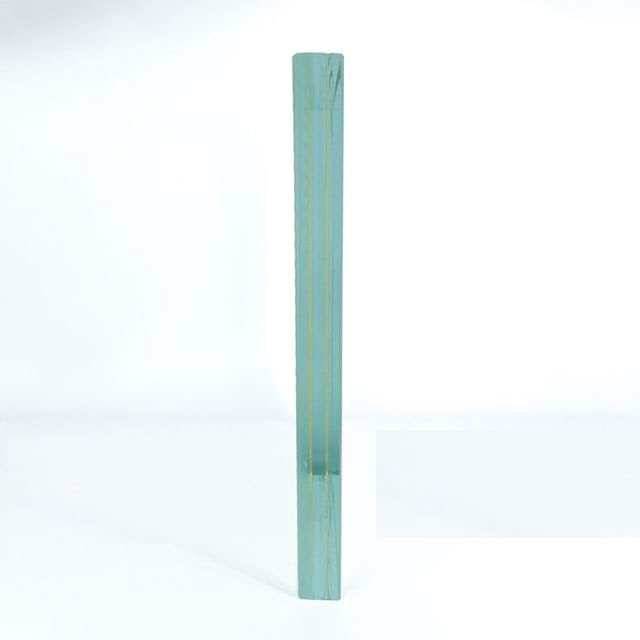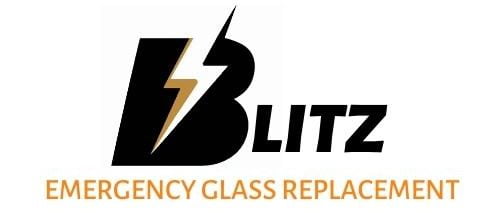Laminated Glass
Laminated glass is an excellent choice for safety and durability in a wide range of applications, including car windows and storefronts. Our glaziers are specialists when it comes to the replacement and installation of laminated glass to ensure the safety and security of your home or business. Not only does laminated glass resist impact, but it also provides sound insulation, UV protection, and energy efficiency. Allow our high-quality laminated glass replacement services to improve the safety and functionality of your space.
Contact us to learn more about our laminated glass replacement services and schedule a consultation or read on to learn more about laminated glass.

What is Laminated Glass
Laminated glass is a type of safety glass made by bonding two layers of glass together with a layer of plastic. Because of this unique construction, laminated glass has increased strength and durability, making it ideal for use in applications requiring safety. In addition to its protective properties, laminated glass has a number of other advantages, including sound insulation, UV protection, and increased energy efficiency. In this article, we will look at the properties and applications of laminated glass, as well as its benefits and drawbacks when compared to other types of glass.
AS1288 Standards & Laminated Safety Glass
Laminated glass is known for its strength and durability, which make it an excellent choice for use in safety applications. When it is subjected to impact, the plastic layer in the middle of the laminated glass absorbs the force, helping to prevent the glass from breaking.
AS1288, a set of guidelines for the use of safety glass in buildings in Australia, is one of the key standards for laminated glass. AS1288-compliant laminated glass must pass a series of rigors tests, including impact and load-bearing tests, to ensure its safety and strength. You can have peace of mind knowing that your safety glass meets the highest quality and performance standards by selecting laminated glass that meets AS1288 standards.
Pros of laminated glass
- Safety: Laminated glass is known for its impact resistance, making it an excellent choice for use in safety applications such as car windows and storefronts.
- Durability: The plastic layer in the middle of the laminate helps to hold the glass together, making it more resistant to breaking and cracking.
- Insulation: Laminated glass can help to insulate a space by reducing the transfer of heat and cold.
- UV protection: The plastic layer in laminated glass blocks a significant amount of UV radiation, helping to protect against fading and damage to furniture and other items in a space.
- Energy efficiency: Laminated glass can help to reduce energy consumption by reflecting heat and UV radiation, and it can also help to improve the overall energy efficiency of a building.
Cons of laminated glass
- Cost: Laminated glass is typically more expensive than other types of glass, such as single-pane or tempered glass.
- Thickness: Because it is made with a layer of plastic, laminated glass is thicker than other types of glass, which may be a concern in some applications.
- Limited visibility: In certain circumstances, the plastic layer in laminated glass may cause a slight distortion in the view through the glass. This is most noticeable when looking through the glass at a steep angle.

